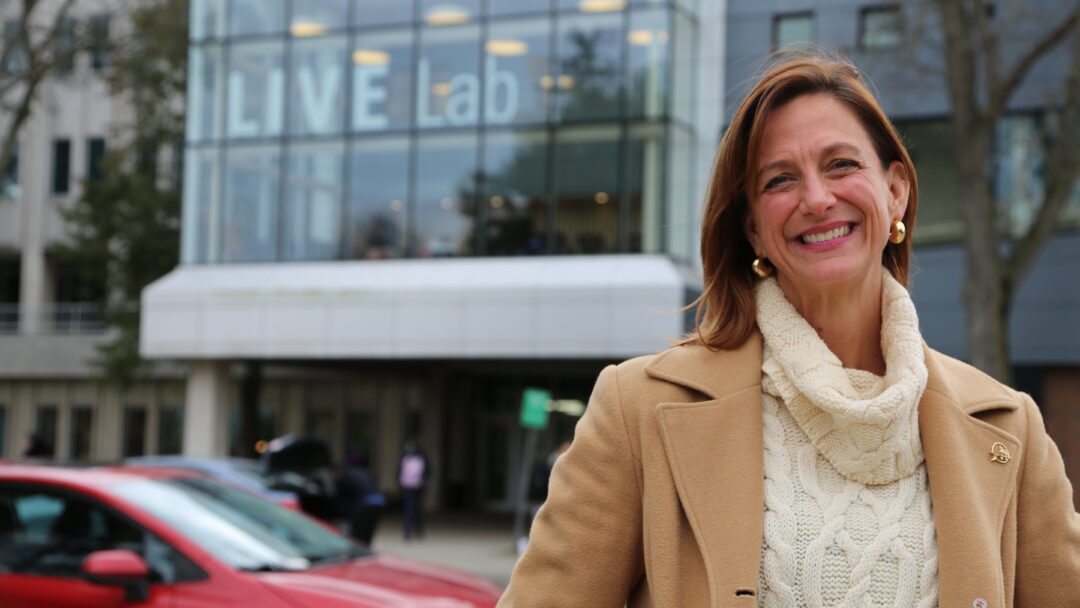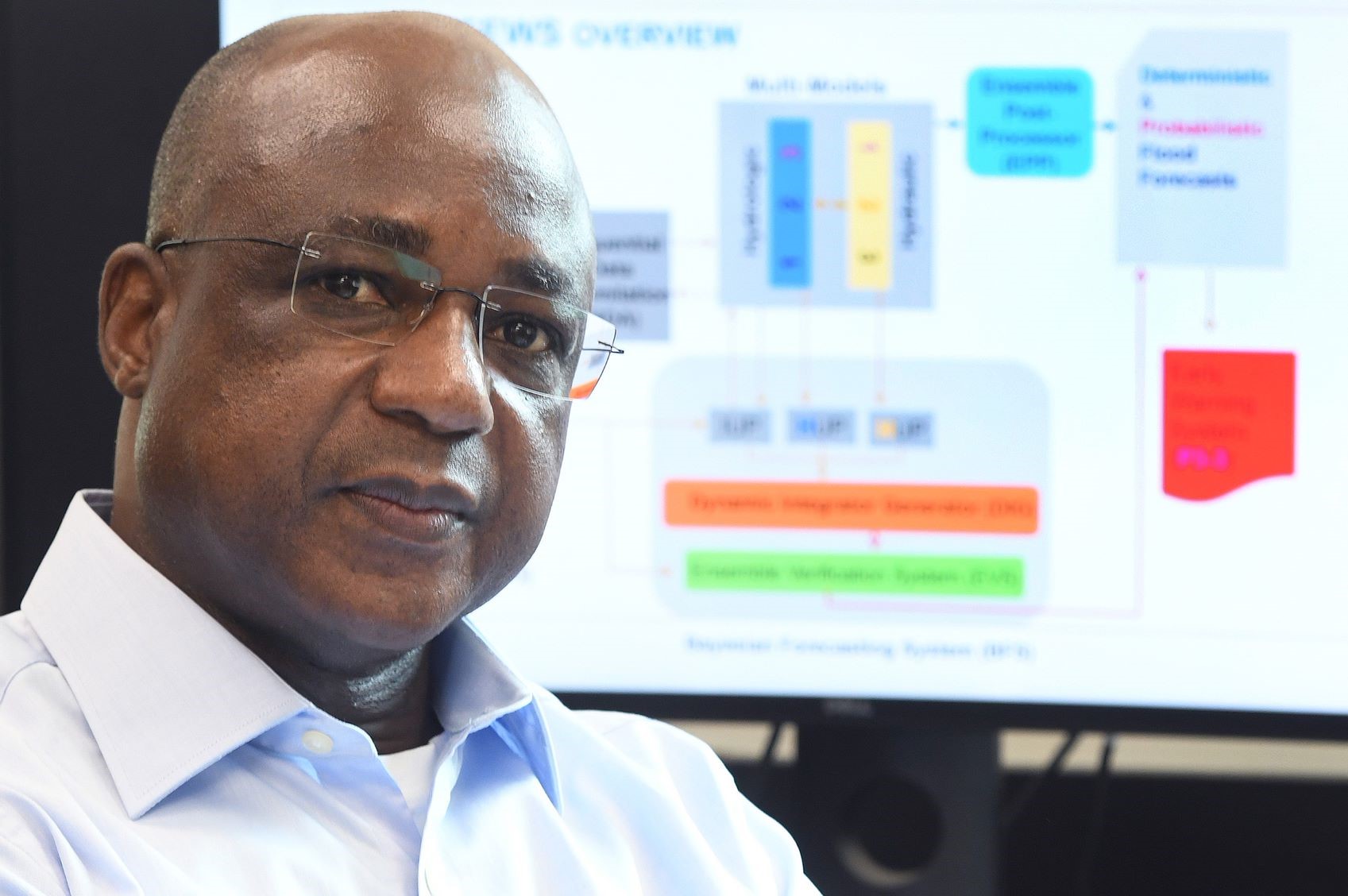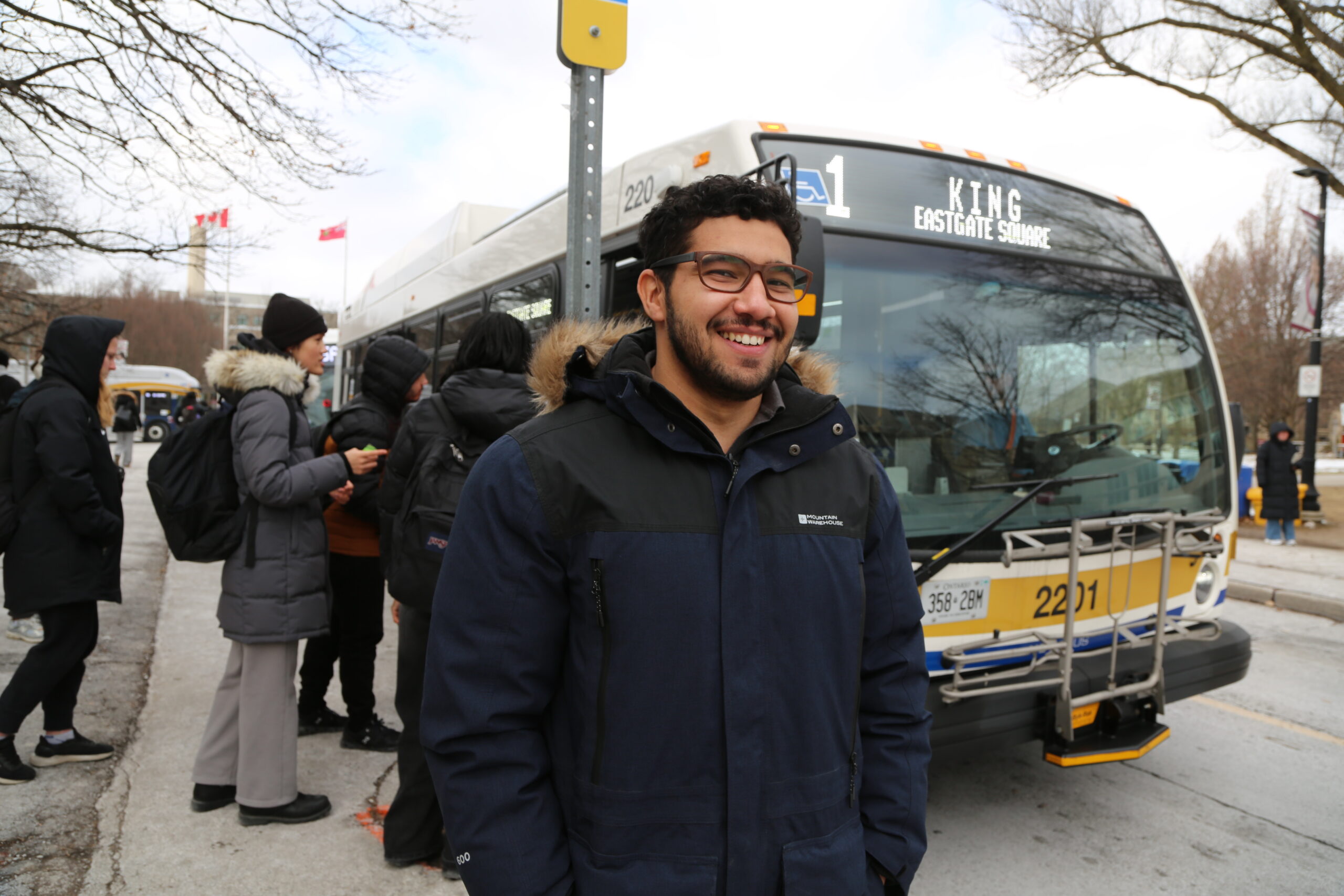PhD graduate makes the case for offering music therapy to stressed students- “put the broccoli in the brownie”

Rachael Finnerty has found a way for universities to help students manage their stress and bolster their mental health.
Her five years of PhD research with the Trainor Lab in the Department of Psychology, Neuroscience & Behavior has made the case for music therapy, or what Rachael calls putting broccoli in the brownie.
“Music is the brownie while therapy is the broccoli.”
It’s an ideal recipe for a generation that never leaves home without AirPods in their ears and Spotify on their phones.
They’re also an anxious, stressed and depressed generation. According to the Centre for Addiction and Mental Health, individuals between the ages of 15 and 24 experience disproportionately high rates of anxiety and depression compared to other age groups. And according to the World Health Organization, suicide ranks as the second leading cause of death among the same age group and is the fourth leading cause of death globally.
And they’re a generation that’s reluctant to use therapy unless they’ve experienced a crisis or have a diagnosed condition.
That’s not the case when it comes to physical health. No student shies away from telling friends that they’re off to the David Braley Athletic Centre for a workout or spin class. And how do you know if someone’s training for a marathon or does CrossFit six times a week? They tell you and the world even if no one’s asked.
But how do you know if a roommate or classmate’s signed up for a therapy session? You don’t because no one tells and the therapy happens out of sight.
Rachael says we need the mental health equivalent of ParticipACTION, the program launched by the federal government in the early 1970s to promote healthy living and physical fitness.
“We need to normalize reaching out for ongoing mental health support. We make time to look after our physical health. Yet proactively looking after our mental health is something too many of us put off and ignore altogether.”
Music can be a way for people to get into therapy with their defenses down.
Music therapy – the brownie with broccoli mixed in – is the clinical and evidence-based use of music interventions to promote wellness, manage stress, alleviate pain, promote physical rehabilitation, enhance memory and achieve other healthcare goals.
Those interventions, developed and delivered by credentialled professionals like Rachael, can range from singing or playing instruments, listening to or making music, writing or discussing favourite lyrics (there’s a Taylor Swift song for every one of life’s moments).
While it’s a clinical intervention, Rachael says music therapy doesn’t feel clinical and doesn’t need to be delivered in a clinical setting. It’s used with patients in hospitals and residents in long-term care centres, helping everyone from children with autism to older adults with Parkinson’s and dementia.
Rachael – who’s a registered psychotherapist and credentialed music therapist – wanted to know if university students would be receptive to music therapy and if it would help improve their mental health.
Her PhD research started with a survey of 786 students during the COVID lockdown. Students were asked what activities they were doing to deal with stress – listening to music tied with watching shows on Netflix. Students also said they’d be more open to music therapy, compared to art or verbal therapy.
Rachael, who doesn’t advocate for music therapy above all other therapies, says the research shows students should be offered choices beyond verbal-based therapy which tends to be the go-to treatment – and often the only option — offered at universities.
The survey was followed with a six-week experiment that put over 100 students into three groups – one group did online group music therapy, one group did online group talk therapy and the control group did neither. They filled out questionnaires and had hair samples collected to measure cortisol, the primary stress hormone. That experiment found higher stress levels in the control group and lower stress levels among the students who went to therapy. There was no difference in stress levels among the students in talk and music therapy groups – both therapies worked equally well.
Rachael ran the experiment again once students could meet in person and got the same results. At the end of the experiment, students in the control group were invited to try music therapy. More than half took up the offer.
Throughout her PhD, Rachael published six research articles in peer-reviewed journals on the topic of music therapy, stress and anxiety, with another paper currently under review.
The research bolsters an argument Rachael’s been making since she was an undergrad. She was studying psychology at Dalhousie University with plans to be a psychologist or speech therapist. She loaded up on music electives – she’d been playing piano since she was six years old with the Royal Conservatory of Music. She loved music but never saw herself as a professional musician. “Not my jam,” says Rachael.
Her plans changed when she completed an assignment about music therapy. That’s when she discovered how to combine her love of psychology and music. She went overseas and earned a master’s in music therapy from Anglia Ruskin University in Cambridge. She then set up a private practice in Toronto and worked as a music therapist at Sunnybrook Hospital in a transition unit where patients were being evaluated to head home, stay in hospital or go into long-term care. Bringing music therapy programs to over 30 facilities in the Greater Toronto/Hamilton Area earned Rachael a YWCA Woman of Distinction award for Health Care.
She moved to Hamilton and that’s when the flood of calls and emails from McMaster students started and never stopped. They wanted to interview Rachael for class assignments and observe music therapy in action.
Those constant requests prompted Rachael to successfully pitch the School of the Arts in the Faculty of Humanities on an introduction to music therapy course. In its first year, the elective was offered during the spring and summer and drew around 60 students. Enrolment exploded once the course was offered during the fall and winter terms. Demand outgrew even the largest lecture hall on campus.
Rachael’s course moved fully online during COVID and stayed there once the pandemic ended. This term, she’s teaching 2,030 students. The same number are registered for the winter term.
Rachael realized a few years into teaching that she needed a PhD so she could help supervise student research beyond literature reviews. She also wanted to gain the know-how to collect and analyze data and publish research papers – skills that would bolster her advocacy for music therapy.
As an advocate, guest speaker and award-winning science communicator, Rachael was a frequent opening act for events at LiveLab. It’s a unique research performance hall at McMaster that’s part of the McMaster Institute for Music & the Mind led by professor and founding director Laurel Trainor. Rachael asked Laurel if she should pursue a PhD and if she could recommend a supervisor. “Dr. Trainor was supportive of music therapy research and suggested that I apply to her lab to complete my PhD.”
So Rachael went back to school while continuing to teach thousands of undergrads and raising three teens with her husband. Doing all of that while everyone was at home during the pandemic had its challenges. She was also running the Music Therapy Academy, an organization she founded in 2016 to deliver professional development workshops and webinars for music therapists, health care professionals and community members.
Laurel says she’s grateful that Rachael chose to pursue her PhD at McMaster. Working with Rachael meant her lab and the department could apply fundamental research knowledge and methods to an urgent and important mental health issue for students across Canada and beyond.. There was also an added bonus, says Laurel. “Rachael’s hard work and enthusiasm are contagious and she enriched the lives of everyone in my lab.”
Rachael’s grateful for all the support she received, starting with her family, Laurel, and the grad students and faculty members in the Department of Psychology, Neuroscience & Behavior (after successfully defending her PhD thesis, Rachel’s labmates made her a pan of brownies with broccoli mixed in – it went uneaten).
A volunteer crew of undergrads from across McMaster helped set up the in-person experiments. And Mayu Nishimura, as assistant professor in the Department of Psychology, Neuroscience & Behavior, offered invaluable support by giving students in her mental health class the option of participating in the music therapy experiments in lieu of an assignment. “Dr. Nishimura’s offer to put music therapy into her course outline was such a huge step toward shifting campus culture around mental health supports. To understand music therapy, students need to experience it. Hopefully therapy in whatever form works best for them will be a practice they continue throughout their lives.”
McMaster and Brock University are currently collaborating to replicate Rachael’s research on a different campus. While music therapy is offered in a growing number of hospitals and long-term care centres, no Canadian university currently offers it to students.
“There’s such a great opportunity here for a university to be the first to offer music therapy and be at the forefront of proactive mental health and wellbeing for students.”
Grads to watch, PhD student, Research excellence
Related News
News Listing

Research group receives federal climate change funding to help plan and design more resilient electricity systems
Faculty, Research excellence
January 28, 2025

Faculty of Science launches five research-focused credit courses for first and second-year students
Research excellence, Student experience, Students
January 23, 2025

International PhD student’s passion for mentorship recognized with Faculty of Science award
PhD student, Student experience, Student leadership
January 8, 2025
